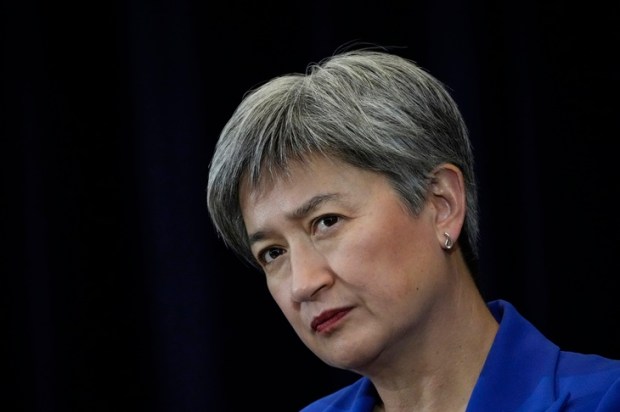The superannuation guarantee requirement is set to increase from 9.5 per cent of a worker’s income to 10 per cent and scheduled to reach 12 per cent by 2025.
Many of us look to superannuation with enthusiasm as we believe this will pad our ability to be financially independent when retirement comes. There are, however, many drawbacks to our superannuation system that will prevent us from achieving this goal.
A policy briefing just published by the Australian Taxpayers’ Alliance finds that the tax on superannuation adversely affects one’s ability to have a sustainable retirement income. The paper reveals that Australians would be able to take home approximately 73 per cent of their working income without the tax on super. Conversely, with taxes in place, one can only depend on 54 per cent of it.
The Australian government introduced superannuation as an effort to help Australians retire without having to rely on taxpayer-funded age pensions. The program was also implemented to help increase savings and support lower-income earners. But none of those goals have been achieved. It should be noted that 68 per cent of retired Australians still have to depend on the means-tested age pension. It is evident super has not lived up to expectations.
Australians are mandated to contribute to their super funds, which means they are forced to pay taxes on contribution and investment earnings. The government also regulates that anyone below the age of preservation are taxed on withdrawals. The amount of taxation on superannuation depletes our super funds and should be held accountable for the statistics.
One might imagine that is all, but sadly, that is not the case.
Superannuation schemes have a variety of fees for different reasons; administration fees, investment management fees and many others. These fees can be fixed payments, a percentage of total funds or they can be both.
As superannuation is compulsory, Australians have no choice but to pay these fees. Fines are also enforced on mundane matters like not providing your TFN and late or unpaid super contributions. Many do not have the means to retire comfortably without depending on aged care because of these exorbitant fees and penalties.
These fees and penalties are unhelpful in accumulating savings and the taxes on superannuation only serves to line the pockets of politicians. The government clearly sees it as a moneymaker that funds its activities and fuels politicians’ wasteful spending habits. It is no surprise superannuation has not alleviated the cost of living for retirees.
Employers pay for the compulsory superannuation guarantee and they view this as a tax on hiring employees. These employers are unlikely to offer higher wages or give a pay raise because they already pay a hefty sum on employee superannuation. Low-income earners who struggle to pay the high costs of living in Australia then bear the tenacity of slow wage growth. However, super contributions do not affect the high-income earners as much as it does for low-income earners.
Superannuation looks beautiful on paper, but actually limits workers’ freedom to choose how they want to use their money. Some workers may accrue savings in their super, but others may be struggling to pay their bills in the present time. Many MySuper products are underperforming and millions of member accounts are in these products. Compulsory super takes away our ability to make better investment choices on our own.
The government claims to want to help lower-income earners by forcing them to contribute to super, but this has only caused them to suffer even more financial struggles.
The outbreak of coronavirus has shaken Australia’s financial market, leaving politicians scrambling to stimulate the economy by encouraging spending. The RBA slashed the interest rate to a historic low of 0.5 per cent in March 2020. This was ineffective as household consumption continued to decline by 12.5 per cent in June. Consumption may not have declined too drastically if Australians had more money on hand. Our economy would have gotten back on its feet faster if Australians were more financially stable.
Superannuation can be a good idea for some but detrimental to others. Australians are not just cookie-cutter versions of each other, they are individuals with specific and different wants and needs. Compulsory super is a plain attempt by the government to nanny its people. It claims to aid in our welfare, but ironically fails to take our welfare into consideration.
Many are aware of the taxes on super and potential fines and penalties, but findings from the paper shed light on bugs in the superannuation system that we may not have noticed. Most have become accustomed to drawing money out of their pockets for mandatory super contributions. We have also become immune to the idea of the government taxing us on these contributions and investments.
The paper by the Australian Taxpayers’ Alliance serves to remind us of the failings of this system and fight for positive changes to these policies. We may get taxed to death if we don’t.
Xin Yuan Quek is a Policy Researcher for the Australian Taxpayers’ Alliance.
Got something to add? Join the discussion and comment below.
Get 10 issues for just $10
Subscribe to The Spectator Australia today for the next 10 magazine issues, plus full online access, for just $10.

























Comments
Don't miss out
Join the conversation with other Spectator Australia readers. Subscribe to leave a comment.
SUBSCRIBEAlready a subscriber? Log in